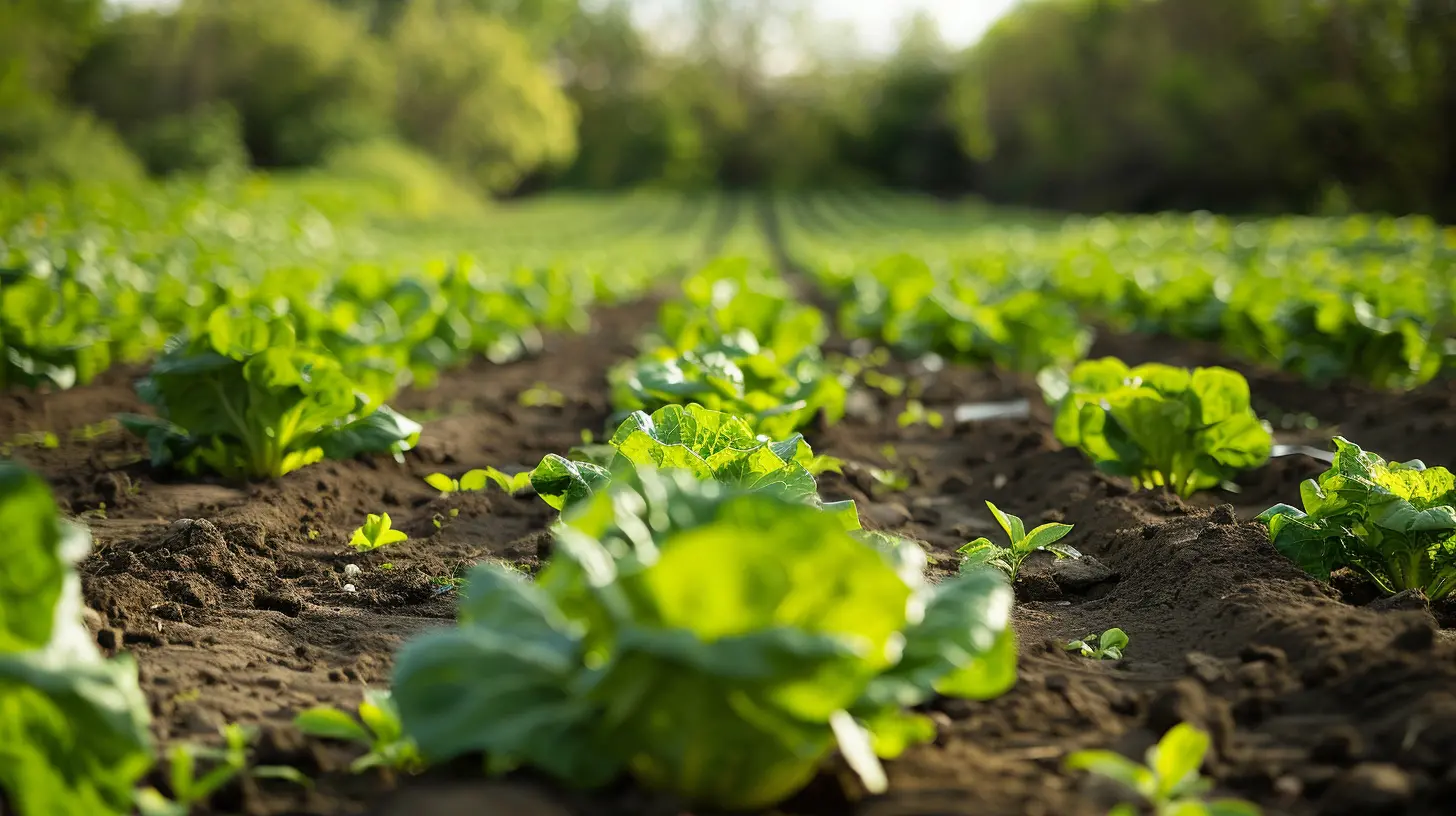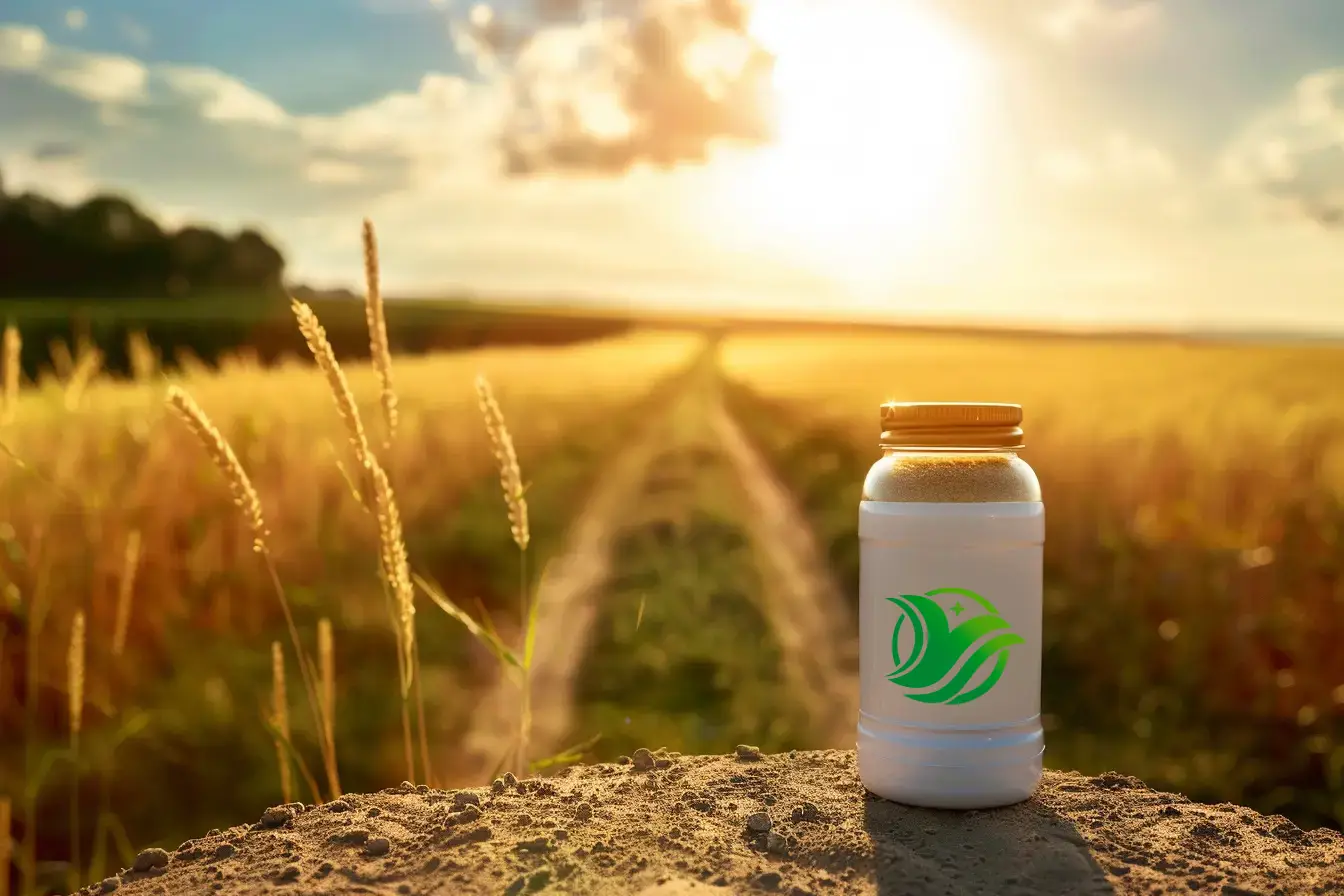Fertilizers are crucial for providing the essential nutrients that crops need to grow strong and healthy. Generally, fertilizers can be categorized into two main types: organic and chemical fertilizers. Understanding the pros and cons of each type is key to making the best choice for your crops.
Organic fertilizers are derived from natural sources, such as compost, manure, and plant material. These fertilizers improve soil health by enhancing its structure, promoting beneficial microbial activity, and providing a slow release of nutrients.

Chemical fertilizers, on the other hand, are synthetically produced and can provide nutrients in a more concentrated and immediate form. They are often favored for their efficiency in rapidly boosting crop yields. However, excessive use can lead to nutrient leaching and soil degradation.

When selecting the right fertilizer for your crops, consider the following factors:
Choosing the right fertilizer is essential for maximizing crop yield and maintaining soil health. By understanding the differences between organic and chemical fertilizers and considering the specific needs of your crops and soil, you can make an informed decision that leads to successful farming practices.

